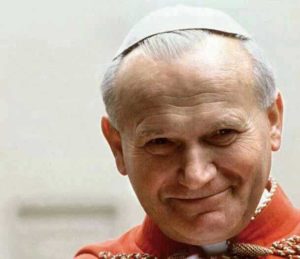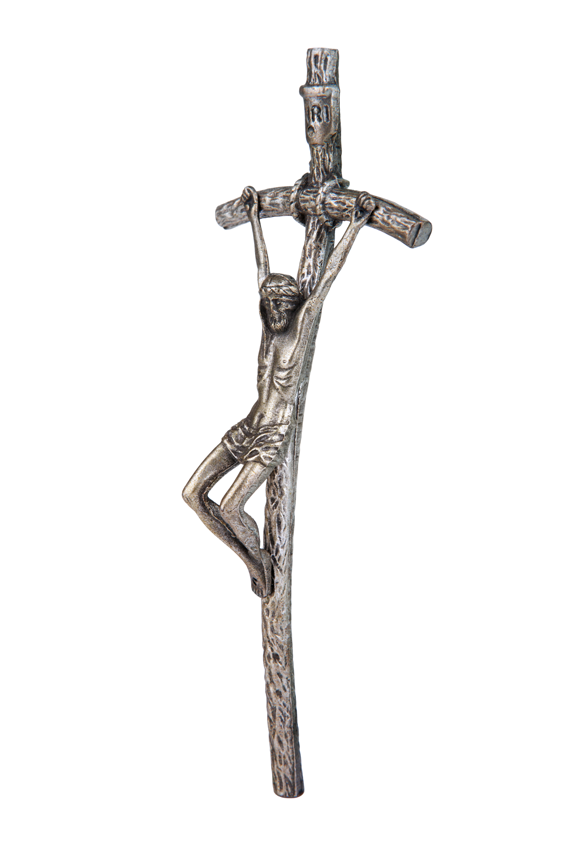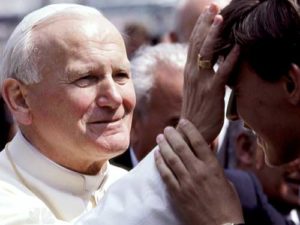Podcast: Play in new window | Download (Duration: 4:11 — 9.6MB) | Embed
Subscribe: Apple Podcasts | Spotify | Amazon Music | Android | Pandora | iHeartRadio | JioSaavn | Podchaser | Gaana | Podcast Index | Email | TuneIn | Deezer | Anghami | RSS | More
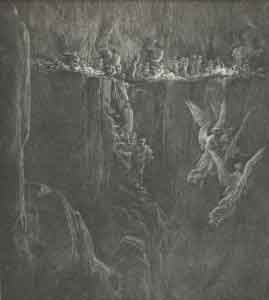
composed by by St. Alphonsus of Liguori
Visit the Discerning Hearts “Holy Souls” page for the complete novena and text of the prayers
My God! because Thou art infinite goodness, I love Thee above all things, and repent with my whole heart of my offenses against Thee. Grant me the grace of holy perseverance. Have compassion on me, and, at the same, on the holy souls suffering in Purgatory. And thou, Mary, Mother of God, come to their assistance with thy powerful intercession.
Say the following prayers: 1 Our Father… 1 Hail Mary…
The Prayer to Our Suffering Savior for the Holy Souls in Purgatory
O most sweet Jesus, through the bloody sweat which Thou didst suffer in the Garden of Gethsemane, have mercy on these Blessed Souls. Have mercy on them. R. Have mercy on them, O Lord.
O most sweet Jesus, through the pains which Thou didst suffer during Thy most cruel scourging, have mercy on them. R. Have mercy on them, O Lord.
O most sweet Jesus, through the pains which Thou didst suffer in Thy most painful crowning with thorns, have mercy on them. R. Have mercy on them, O Lord.
O most sweet Jesus, through the pains which Thou didst suffer in carrying Thy cross to Calvary, have mercy on them. R. Have mercy on them, O Lord.
O most sweet Jesus, through the pains which Thou didst suffer during Thy most cruel Crucifixion, have mercy on them. R. Have mercy on them, O Lord.
O most sweet Jesus, through the pains which Thou didst suffer in Thy most bitter agony on the Cross, have mercy on them. R. Have mercy on them, O Lord.
O most sweet Jesus, through the immense pain which Thou didst suffer in breathing forth Thy Blessed Soul, have mercy on them. R. Have mercy on them, O Lord.
(State your intention(s) here while recommending yourself to the souls in Purgatory.)
Blessed Souls, I have prayed for thee; I entreat thee, who are so dear to God, and who are secure of never losing Him, to pray for me a miserable sinner, who is in danger of being damned, and of losing God forever. Amen.


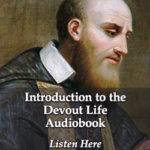
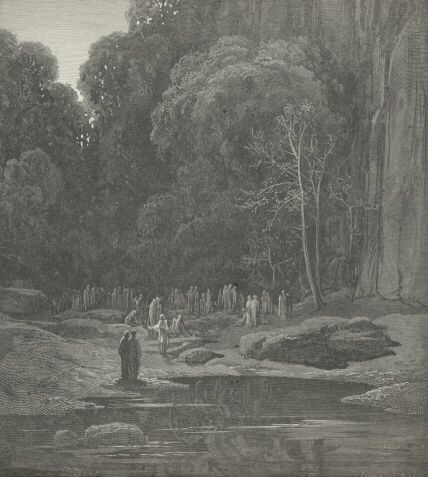


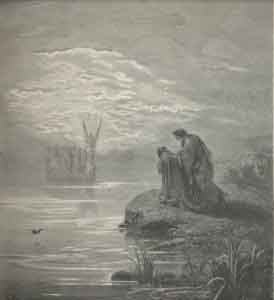

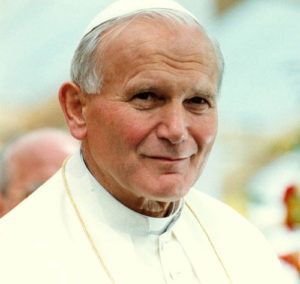
 Anthony Lilles, S.T.D. is an associate professor and the academic dean of Saint John’s Seminary in Camarillo as well as the academic advisor for Juan Diego House of Priestly Formation for the Archdiocese of Los Angeles. For over twenty years he served the Church in Northern Colorado where he joined and eventually served as dean of the founding faculty of Saint John Vianney Theological Seminary in Denver. Through the years, clergy, seminarians, religious, and lay faithful have benefited from his lectures and retreat conferences on the Carmelite Doctors of the Church and the writings of St. Elisabeth of the Trinity. For other episodes in the series visit t
Anthony Lilles, S.T.D. is an associate professor and the academic dean of Saint John’s Seminary in Camarillo as well as the academic advisor for Juan Diego House of Priestly Formation for the Archdiocese of Los Angeles. For over twenty years he served the Church in Northern Colorado where he joined and eventually served as dean of the founding faculty of Saint John Vianney Theological Seminary in Denver. Through the years, clergy, seminarians, religious, and lay faithful have benefited from his lectures and retreat conferences on the Carmelite Doctors of the Church and the writings of St. Elisabeth of the Trinity. For other episodes in the series visit t